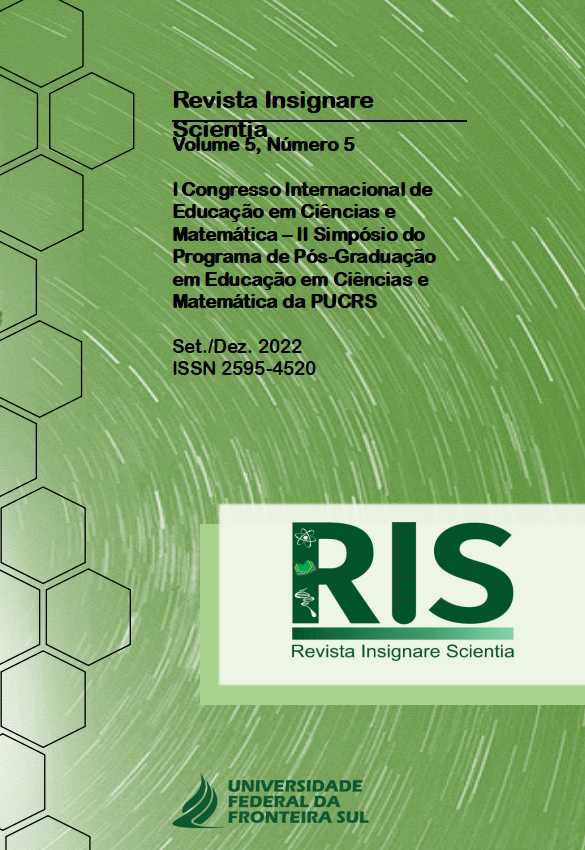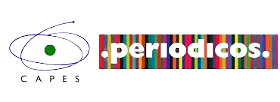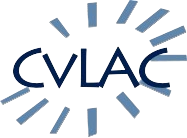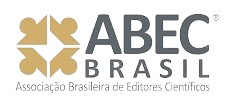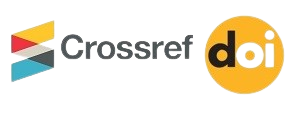Chemistry education teachers’ undergraduate programs and foundations of the scientific literacy and STS movement: what turn up in the pedagogical documents?
DOI:
https://doi.org/10.36661/2595-4520.2022v5n5.13277Keywords:
Teacher training, scientific citizenship, pedagogical projects, degree in chemistryAbstract
Social and community life are immersed in knowledge, scientific practices and technological apparatus. In contemporary, the full exercise of citizenship suggests scientific, technological literacy and understand of relationship between science , technology and society as educational demands of the first order. Formalized at pedagogical perspectives and didactic propositions, Scientific and Technological Literacy – STL and Education STS (Science, technology and society) are places as premises for teacher training, particularly in areas such as Chemistry – where these relationships are quite palpable and delicate. Expand the understanding about and how Chemistry Degree courses receive and reverberate the assumptions and speeches of STL and STS is the focus of this work – in which the first results of a Master’s dissertation in progress are presented. Through an exploratory and documentary analysis were evaluated two pedagogical projects of courses at federal public institutions in Paraná. The results point to an adequacy of the objectives of these courses to the didact propositions of STL and STS, but the minutiae and detail of the writing of one texts suggest aclearer adherence to the references.

